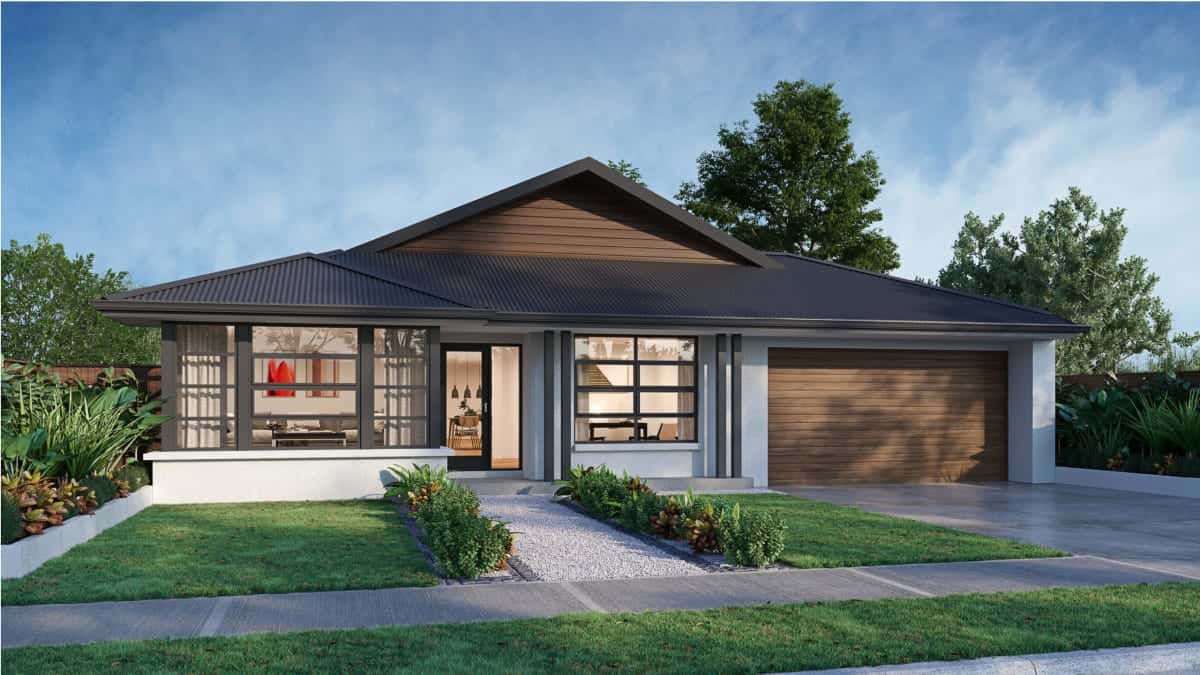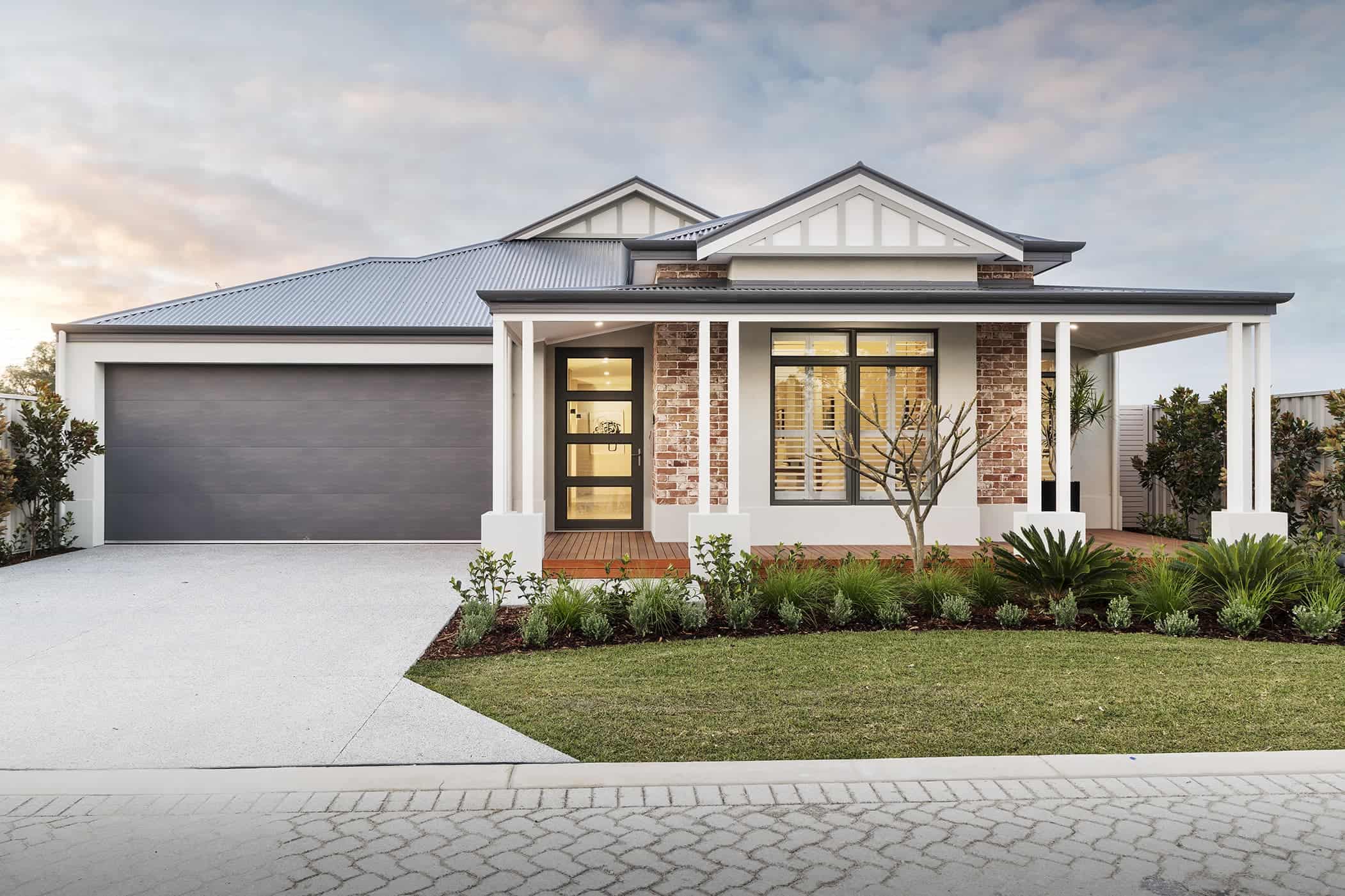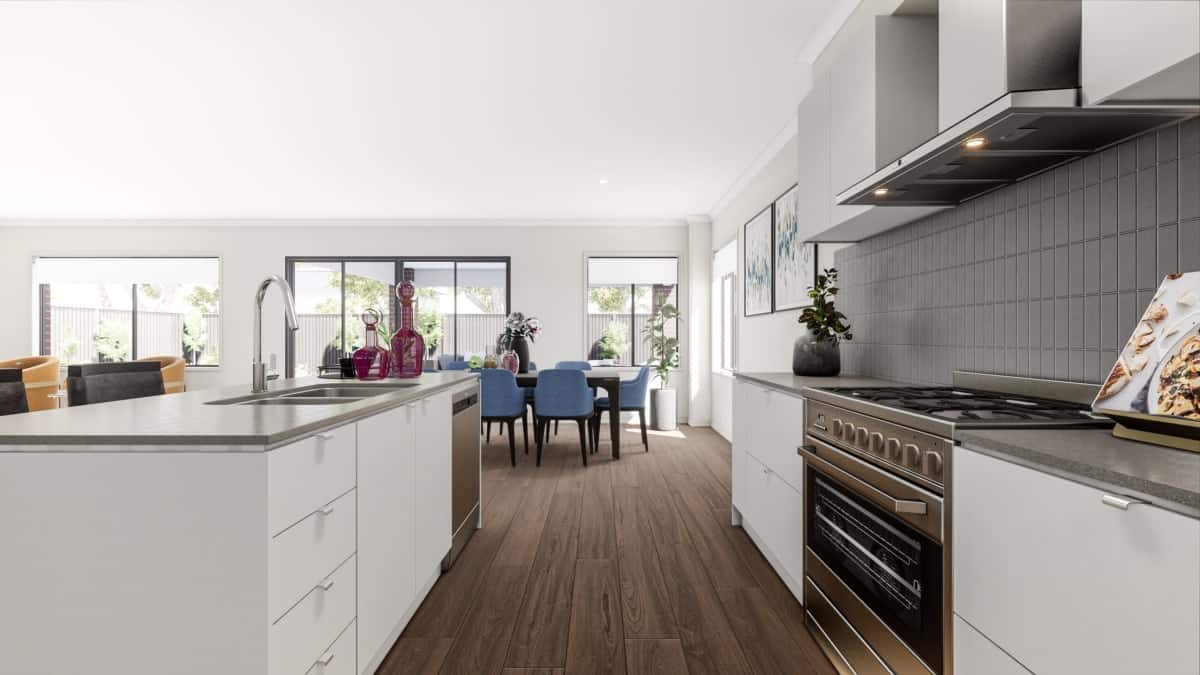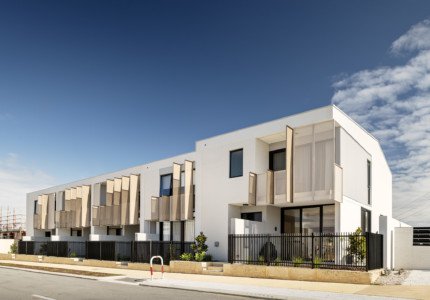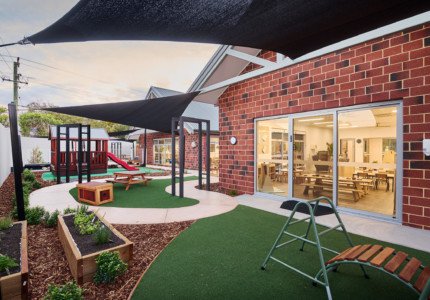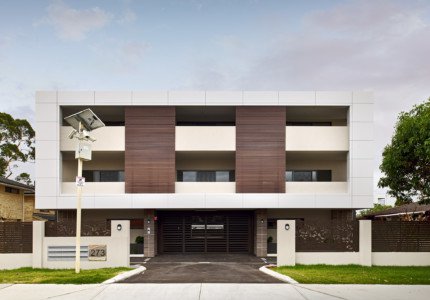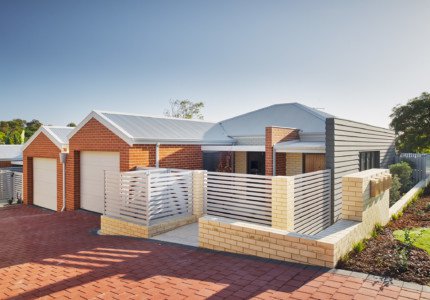The Importance of Choosing the Right Location for Your Home
Building a home is a major investment that requires careful consideration and planning. One of the most important factors to consider is the location of your new home. The right location can make a huge difference in your quality of life, as well as the resale value of your home. In this article, we will discuss the importance of choosing the right location for your home and provide some tips on how to evaluate potential sites.

Researching the Area
Firstly, researching the area is essential. This involves exploring the local amenities such as shops, restaurants, healthcare services, and recreational areas. Having access to these facilities can significantly improve your quality of life, making it easier to meet your daily needs, have fun, and relax. It is also essential to consider the distance and ease of travel to your workplace or other important locations.
Additionally, schools are a crucial factor to consider, especially if you have children or plan to have them in the future. The quality of education in the local area can impact your children’s academic performance and future prospects. You can research the performance of schools in the area and choose a location with access to good schools.
Transport links are also an essential consideration. Having good transportation links can make commuting and travelling more convenient and less stressful. This can also save you time and money in the long run. Therefore, it is important to consider the availability of public transportation, highways, and airports when selecting the location of your home.
Another critical factor to consider is the safety of the area. You should research the crime rate in the area and consider the overall security of the neighbourhood. Living in an area with high crime rates can affect your mental health and physical safety, making it essential to choose a safe neighbourhood.
Evaluating the Site
Choosing the right location for your home is crucial as it can impact your quality of life and the value of your property. One essential aspect of evaluating a potential site for your home is considering the physical characteristics of the land.
Soil quality is an important factor to consider when evaluating a potential site. The soil should be stable and capable of supporting a foundation. Soil quality can affect the ability to grow vegetation, which may impact the environment and aesthetics of the area. The soil quality can also determine the type of septic system required for the property.
Topography is another important aspect to consider when evaluating a potential site. The land’s topography will affect the placement and design of your home, as well as its accessibility. For example, a steeply sloping site may require extensive excavation and foundation work to level the ground, which can add significant costs to construction. Additionally, topography can affect drainage patterns and the likelihood of soil erosion.
Natural hazards are also a crucial factor to consider when evaluating a potential site. Natural hazards can include earthquakes, floods, hurricanes, wildfires, and landslides. Understanding the risks associated with natural hazards can help you make informed decisions about the location of your home, the type of construction materials to use, and the necessary safety measures to put in place.
It is also important to consider the surrounding area and its impact on your quality of life. For example, the proximity to schools, shopping centers, hospitals, and other essential services can affect convenience and accessibility. Additionally, the surrounding environment can impact the air and noise quality, which can affect health and well-being.
In summary, evaluating the site is an essential aspect of choosing the right location for your home. Factors such as soil quality, topography, and natural hazards can impact the cost of construction, the safety of your property, and the quality of life for you and your family. Understanding these factors can help you make informed decisions when choosing a location for your home.
Factors That Can Affect Resale Value
One of the most critical factors to consider when choosing a location for your home is its potential resale value. Here are some factors that can affect the resale value of your home:
Location: The location of your home is a significant factor in its resale value. Homes in desirable areas, such as those with good schools, parks, and access to public transportation, tend to have a higher resale value. Additionally, homes located in safe and secure neighborhoods with low crime rates typically have higher resale values.
Neighborhood: The neighborhood in which your home is located can significantly impact its resale value. A neighborhood with well-maintained homes, tree-lined streets, and community amenities, such as a community center or pool, can increase your home’s value. Conversely, a neighborhood with a high number of foreclosures or abandoned properties can decrease your home’s value.
Proximity to amenities: The proximity of your home to amenities, such as restaurants, shopping centers, and entertainment venues, can impact its resale value. Homes that are close to these amenities are often more attractive to potential buyers and may have a higher resale value.
Condition of the home: The condition of your home is another factor that can affect its resale value. A well-maintained home with modern appliances and updated fixtures is often more attractive to buyers and can command a higher resale price. Additionally, a home with a well-kept yard and landscaping can increase its resale value.
Housing market trends: The housing market trends in your area can impact your home’s resale value. If the market is strong and homes are selling quickly, you may be able to sell your home for a higher price. However, if the market is weak, and homes are sitting on the market for an extended period, you may have to lower your asking price to attract buyers.
Conclusion
In conclusion, several factors can impact the resale value of your home. When choosing a location for your home, consider the location, neighborhood, proximity to amenities, condition of the home, and housing market trends. By carefully evaluating these factors, you can make an informed decision and choose a location that is not only a great place to live but also a sound investment.

Have a question?
Become a
Smart Home Buyer

First Home Buyers
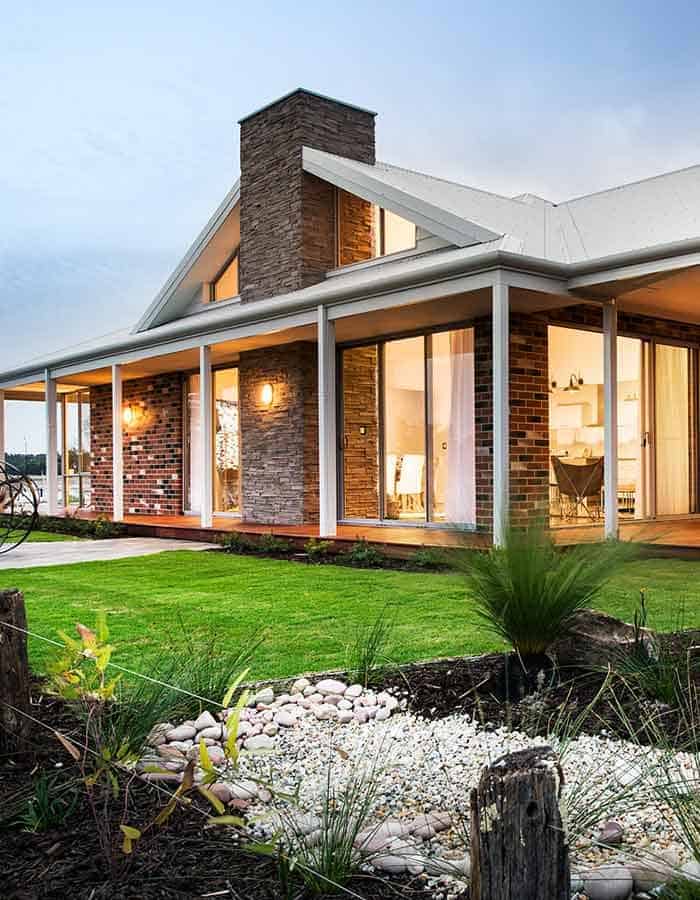
Custom Homes

House and Land


